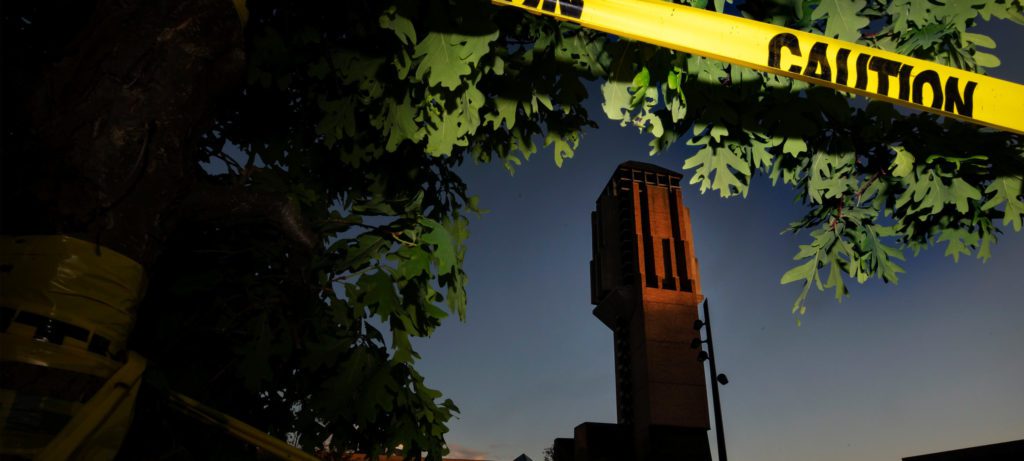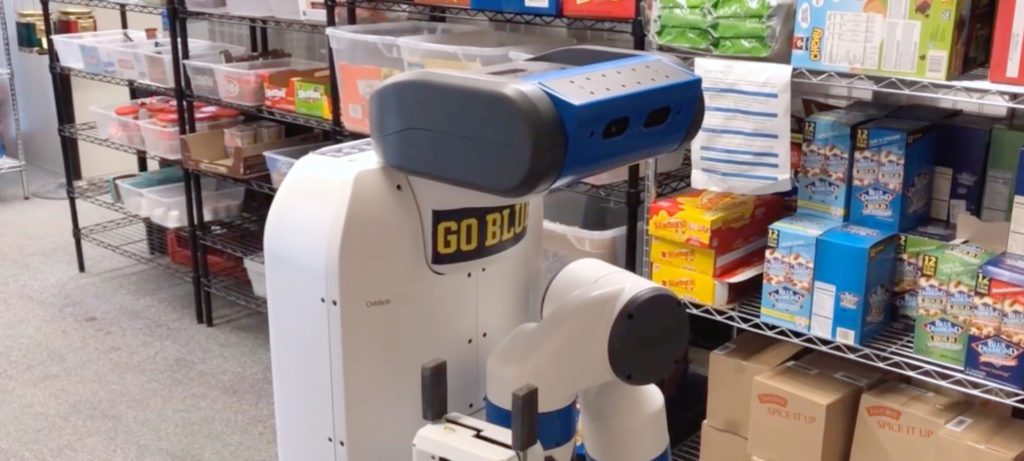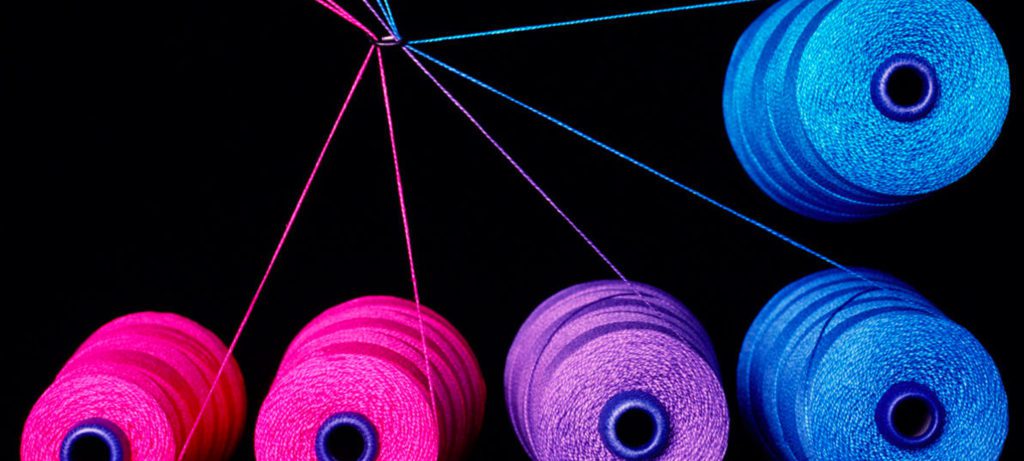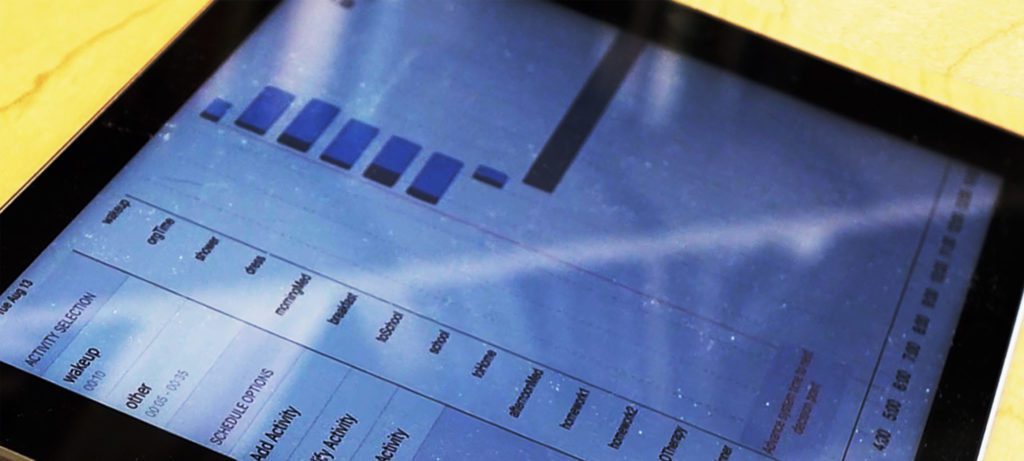Public policy and engineering team up to improve food access.
The post Hunger and COVID: Fighting pandemic-related food insecurity in Detroit appeared first on Michigan Engineering News.
Public policy and engineering team up to improve food access.
The post Hunger and COVID: Fighting pandemic-related food insecurity in Detroit appeared first on Michigan Engineering News.
‘The trends we see in the making and consuming of single-use goods, particularly plastic, could have lasting negative effects on the circular economy.’
The post COVID-19 is laying waste to many US recycling programs appeared first on Michigan Engineering News.

“I don’t think any of us expected a global pandemic at the end of our senior year, let alone being able to work on an application that helps address it.”

The model is a practical method for robots to look for target items in complex, realistic environments.

The virtual interviewer uses therapeutic writing techniques to help users cope with difficult situations.
‘When caught in a situation such as this, creatively and positively helping others is always an excellent endeavor.’
The post Engineering course challenges students to create tech solutions for COVID-19 appeared first on Engineering Research News.
An autonomous HVAC system could provide more comfort with less energy.
The post Turning faces into thermostats appeared first on Michigan Engineering News.

The system targets software that runs using concurrent execution, a widespread method for boosting performance, and proves whether a program will output what it’s supposed to.
A new application for an ongoing NSF project could bolster contract tracing efforts.

The system can add more flexibility to task management apps to help learning users make informed decisions about their time.